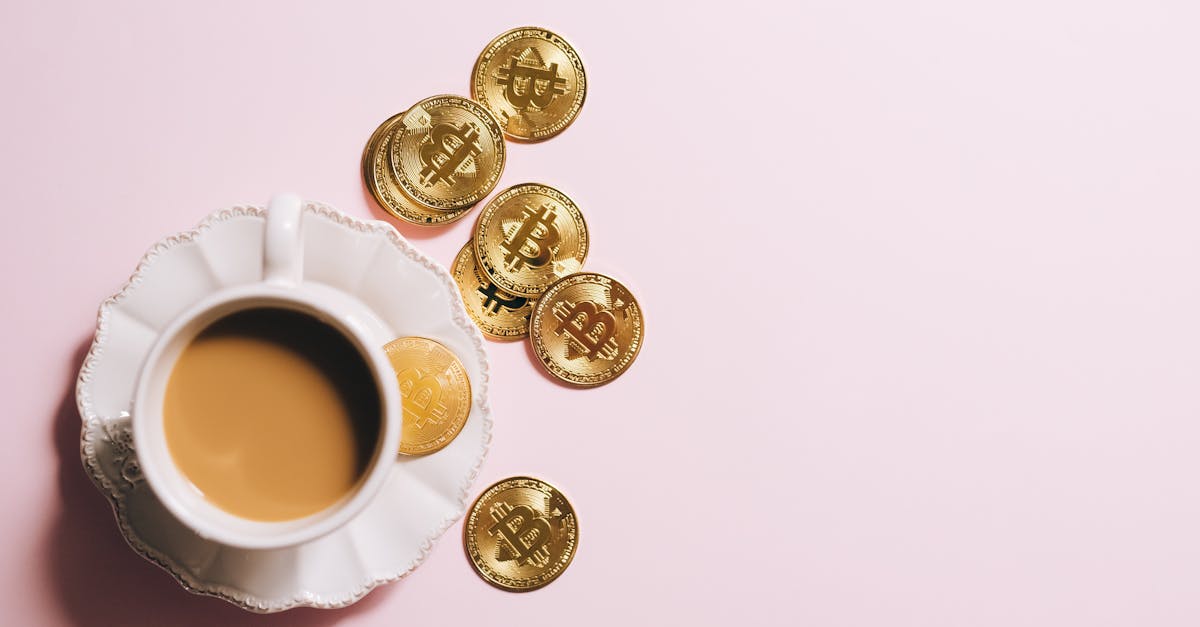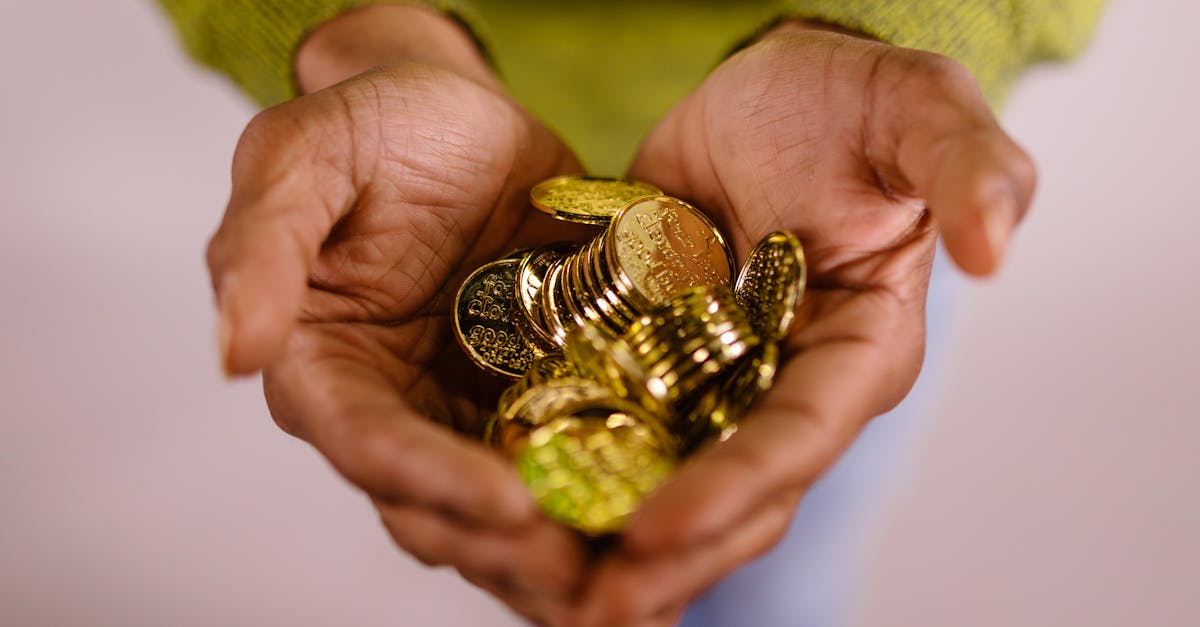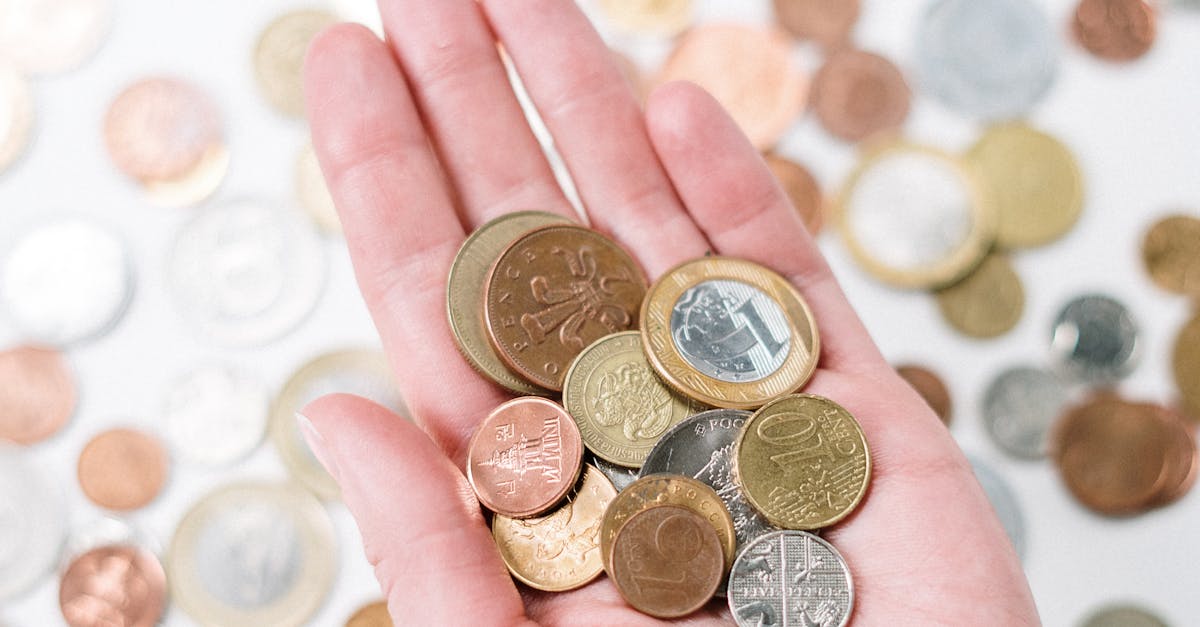The Midas Touch: Unlocking the Secrets of Gold Coin Investment

Find Your Golden Treasure: A Comprehensive Guide to Banks Selling Gold Coins
In a world of fluctuating markets and economic uncertainty, savvy investors often seek refuge in the timeless allure of gold. Gold coins, in particular, offer a tangible and portable way to diversify your portfolio while preserving your wealth. But navigating the world of gold coin purchases can be daunting, especially if you’re unsure which banks to trust and what to look for.
This comprehensive guide will empower you on your quest for golden treasure. We’ll provide insights into the historical significance of gold as an investment, help you identify reputable banks that offer gold coin sales, and explore the diverse range of gold coins available. Our top picks for leading banks in the gold coin market will assist you in making informed decisions, while our coverage of storage, security, taxes, and regulations will ensure that your investment journey is both profitable and secure.
Key Insights
-
Gold coins offer a tangible and enduring way to diversify your investment portfolio and preserve your wealth during economic uncertainties.
-
Choosing a reputable bank is crucial for secure gold coin purchases. Consider factors such as reputation, transparency, security measures, and the range of coins offered.
-
There are three main types of gold coins: bullion coins (valued primarily for their gold content), commemorative coins (issued to commemorate special events or anniversaries), and collectible coins (highly sought after by collectors for their rarity or historical significance).
-
Secure storage is essential to protect your gold coin investment. Consider using a home safe, bank vault, or safety deposit box, and employing tamper-proof packaging and record-keeping.
-
Stay informed about applicable taxes and regulations associated with gold coin purchases to ensure compliance and maximize your investment returns.
1. Gold as an Investment Asset
Gold as an Investment Asset: Understand the allure of gold as an investment, its historical significance, and why it remains a sought-after asset during economic uncertainties.
Gold has captivated the hearts and minds of investors for centuries, serving as a timeless store of value and a hedge against economic turmoil. Its enduring appeal stems from several key factors:
-
Tangible and Durable: Unlike stocks or bonds, gold is a physical asset that you can hold in your hand. It is not subject to the whims of the digital world or the stability of financial institutions.
-
Historical Performance: Gold has a long and impressive track record as an investment. Over the past 50 years, the price of gold has outpaced inflation and provided consistent returns, even during periods of economic downturns.
-
Safe Haven Asset: In times of uncertainty, investors flock to gold as a safe haven. Its value tends to rise when the stock market falls, providing a balancing force in your portfolio.
-
Limited Supply: Unlike fiat currencies, which can be printed at will, the supply of gold is finite. This scarcity contributes to its intrinsic value and makes it a desirable investment during periods of inflation or currency devaluation.
Whether you’re a seasoned investor or just starting your journey, incorporating gold coins into your portfolio can be a smart move. As an enduring symbol of wealth and stability, gold offers a tangible and time-tested way to preserve your wealth and ride out economic storms.
2. Identifying Banks that Sell Gold Coins

Identifying Banks that Sell Gold Coins: Explore the criteria for selecting reputable banks that offer gold coin sales, ensuring authenticity, transparency, and secure transactions.
When it comes to purchasing gold coins, choosing the right bank is crucial. Here are some key criteria to consider:
-
Reputation and Experience: Opt for banks with a long-standing reputation for selling gold coins and a proven track record of customer satisfaction.
-
Transparency and Security: Ensure that the bank provides clear information about its gold coin offerings, including the source of the gold, the authenticity verification process, and the security measures in place to protect your investment.
-
Secure Transactions: Look for banks that use secure online platforms and offer robust payment gateways to ensure the safety of your transactions.
-
Competitive Pricing: Compare the prices offered by different banks and choose the one that provides competitive rates without compromising on quality or authenticity.
-
Customer Service: Excellent customer service is essential. Choose a bank that offers knowledgeable and responsive support to address your queries and guide you through the purchase process.
By carefully considering these criteria, you can increase your chances of finding a reputable bank that will provide you with genuine gold coins, secure transactions, and peace of mind.
3. Top Banks for Gold Coin Purchases
Top Banks for Gold Coin Purchases: Discover a curated list of leading banks renowned for their gold coin offerings, providing a comparison of their services, fees, and available coin options.
When it comes to purchasing gold coins, choosing the right bank is essential. Here’s a curated list of leading banks that offer exceptional gold coin services:
-
Bank of America: Known for its wide selection of gold coins, competitive pricing, and secure online platform.
-
JPMorgan Chase: A renowned provider of gold coins, offering various denominations and competitive rates.
-
HSBC: A global banking giant with a strong reputation for gold coin sales and secure storage options.
-
Goldman Sachs: A leading investment bank that offers a range of gold coin products, including rare and collectible coins.
-
UBS: A Swiss banking giant with a long history of gold trading and a wide selection of gold coins for investors.
These banks not only provide a secure and transparent platform for gold coin purchases but also offer competitive fees and a diverse range of coin options to meet your investment needs. Whether you’re a seasoned collector or a first-time buyer, these banks can cater to your gold investment goals.
4. Types of Gold Coins Available

Types of Gold Coins Available: Explore the diverse range of gold coins available, including bullion coins, commemorative coins, and collectible coins, understanding their unique characteristics and value.
The world of gold coins is vast and varied, offering a range of options to suit different investment goals and preferences:
-
Bullion Coins: These are the most common type of gold coins, primarily valued for their gold content and purity. They are typically minted by government mints and come in standard weights and sizes, such as the American Gold Eagle or the Canadian Maple Leaf.
-
Commemorative Coins: These coins are issued to commemorate special events, anniversaries, or historical figures. They often have unique designs and may be produced in limited quantities, making them more valuable to collectors.
-
Collectible Coins: These coins are highly sought after by collectors due to their rarity, historical significance, or artistic value. They can range from ancient coins to modern proof coins and can command substantial premiums over their gold content.
Understanding the different types of gold coins available will help you make informed decisions about which coins to include in your investment portfolio or collection.
5. Storage and Security Considerations
Storage and Security Considerations: Address the importance of secure storage for your gold coins, discussing best practices for safeguarding your investment from theft or loss.
Protecting your gold coin investment is crucial to ensure its safety and value. Here are some best practices to consider:
-
Choose a Secure Location: Store your gold coins in a secure location, such as a home safe, bank vault, or safety deposit box. Ensure that the location is well-hidden, protected from natural disasters, and has limited access.
-
Diversify Storage: Don’t keep all your gold coins in one place. Divide them into smaller quantities and store them in different locations to minimize the risk of total loss in case of theft or disaster.
-
Use Tamper-Proof Packaging: Store your gold coins in tamper-proof packaging, such as sealed plastic capsules or airtight containers. This will protect them from damage and make it easier to detect any tampering.
-
Keep Records: Maintain accurate records of your gold coin collection, including the type, quantity, and serial numbers. This documentation will be invaluable in case of loss or theft for insurance purposes.
-
Consider Insurance: Insure your gold coin collection against theft, loss, or damage. This will provide you with peace of mind and financial protection in the event of an unforeseen incident.
6. Taxes and Regulations
Taxes and Regulations: Stay informed about any applicable taxes or regulations associated with gold coin purchases, ensuring compliance and maximizing your investment returns.
Understanding the tax implications and regulations surrounding gold coin purchases is crucial to maximizing your investment returns and staying compliant with the law:
-
Capital Gains Tax: In many countries, gold coins are subject to capital gains tax when sold for a profit. The tax rate varies depending on your jurisdiction and the holding period of the coins.
-
Sales Tax: Some jurisdictions may also impose sales tax on gold coin purchases. It’s important to check the local regulations to determine if this applies in your area.
-
Reporting Requirements: In some cases, large gold coin transactions may need to be reported to government agencies for anti-money laundering and tax compliance purposes.
-
Know Your Customer (KYC) Regulations: Banks and other financial institutions may have KYC requirements for gold coin purchases, which involve verifying your identity and source of funds.
Staying informed about these taxes and regulations will help you make informed decisions, avoid penalties, and maximize the profitability of your gold coin investments.
7. Conclusion: Empowering Your Gold Investment
Conclusion: Empowering Your Gold Investment: Summarize the key points discussed, emphasizing the benefits of diversifying your portfolio with gold coins and the importance of due diligence when selecting a bank for your gold purchases.
In this comprehensive guide, we’ve explored the world of gold coin investments, highlighting their allure, helping you identify reputable banks, and providing insights into the types of gold coins available. Remember, gold coins offer a tangible and enduring way to diversify your portfolio and preserve your wealth during economic uncertainties.
When selecting a bank for your gold purchases, due diligence is key. Look for banks with a strong reputation, transparent practices, and secure transaction platforms. The banks we’ve highlighted in this guide meet these criteria and offer a range of gold coin options to suit your investment needs.
As you embark on your gold coin investment journey, remember to consider storage and security measures to protect your assets. Stay informed about applicable taxes and regulations to ensure compliance and maximize your returns. By following these guidelines, you can confidently invest in gold coins, empowering your portfolio and securing your financial future.
Is it a good idea to buy gold coins as an investment?
Yes, gold coins can be a valuable addition to a diversified investment portfolio. They offer a tangible asset that can help preserve wealth during economic uncertainties and inflation.
How do I choose a reputable bank to buy gold coins from?
Look for banks with a strong reputation, transparent practices, secure transaction platforms, and a range of gold coin options. Consider the criteria discussed in the article to make an informed decision.
What are the different types of gold coins available?
There are three main types of gold coins: bullion coins (valued primarily for their gold content), commemorative coins (issued to commemorate special events or anniversaries), and collectible coins (highly sought after by collectors for their rarity or historical significance).
How do I store my gold coins securely?
Store your gold coins in a secure location, such as a home safe, bank vault, or safety deposit box. Use tamper-proof packaging and keep accurate records of your collection for insurance purposes.
Are there any taxes or regulations I need to be aware of when buying gold coins?
Yes, there may be capital gains tax, sales tax, and reporting requirements associated with gold coin purchases. Stay informed about the applicable laws and regulations in your jurisdiction to ensure compliance.
Table of Key Insights
| Key Insight | Description | |—|—| | Gold as a Diversification Tool | Gold coins offer a tangible and enduring way to diversify your investment portfolio and preserve your wealth during economic uncertainties. | | Selecting a Reputable Bank | Choosing a reputable bank is crucial for secure gold coin purchases. Consider factors such as reputation, transparency, security measures, and the range of coins offered. | | Types of Gold Coins | There are three main types of gold coins: bullion coins (valued primarily for their gold content), commemorative coins (issued to commemorate special events or anniversaries), and collectible coins (highly sought after by collectors for their rarity or historical significance). | | Secure Storage | Secure storage is essential to protect your gold coin investment. Consider using a home safe, bank vault, or safety deposit box, and employing tamper-proof packaging and record-keeping. | | Taxes and Regulations | Stay informed about applicable taxes and regulations associated with gold coin purchases to ensure compliance and maximize your investment returns. |
Leave a Reply